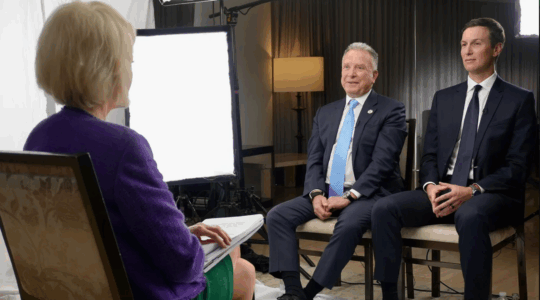Jonathan Woocher, chief ideas officer at JESNA (Jewish Educational Service of North America) and director of the Lippman Kanfer Institute, says Jewish educational institution need to adopt a more market-driven philosophy aimed at offering more options to families:
… Nonetheless, the vast majority of the efforts we have seen thus far suffer from one serious limitation: they start with the producers of supplementary education, not its consumers, as their primary focus.
Here’s why this is a problem: The “market” for Jewish education today is diverse and growing more so. Research confirms that parents want to be active choosers of the type of Jewish education their children will receive. The current system provides some options, but not enough. The main choice is between full-time (day school) and part-time (supplementary) Jewish education. There are many synagogues offering supplementary programs, but they tend to cover a pretty standard curriculum (holidays, Torah study, prayer, Jewish values, some history and rudimentary Hebrew) in roughly similar ways.
For the most part, these programs occupy a relatively narrow niche — one that serves well an important segment of the overall potential market for Jewish education, but still leaves substantial populations that are either poorly served (the education doesn’t really match what they seek) or unserved altogether (a significant number of children get no Jewish education at all).
Take a day school family now seeking an intensive supplementary program, perhaps one that meets eight or 10 hours per week, rather than the typical four or five, and that emphasizes serious Hebrew literacy, either for purposes of conversation or text study in the original. Or, take a very different, but not uncommon family whose Jewishness is primarily cultural, not religious, or focused on social justice and activism. Perhaps the family has a child who is passionate and gifted in the arts and wants to approach her or his Jewish learning through this lens. Perhaps the family is an interfaith one, and seeks a Jewish educational program that is uniquely sensitive to their life issues.
With effort, some of these families might be able to find a suitable supplementary program. But wouldn’t it be far better if they didn’t have to work so hard? What it would take is an approach to providing supplementary education that is market-driven and community-coordinated.
Read the full story.
JTA has documented Jewish history in real-time for over a century. Keep our journalism strong by joining us in supporting independent, award-winning reporting.





